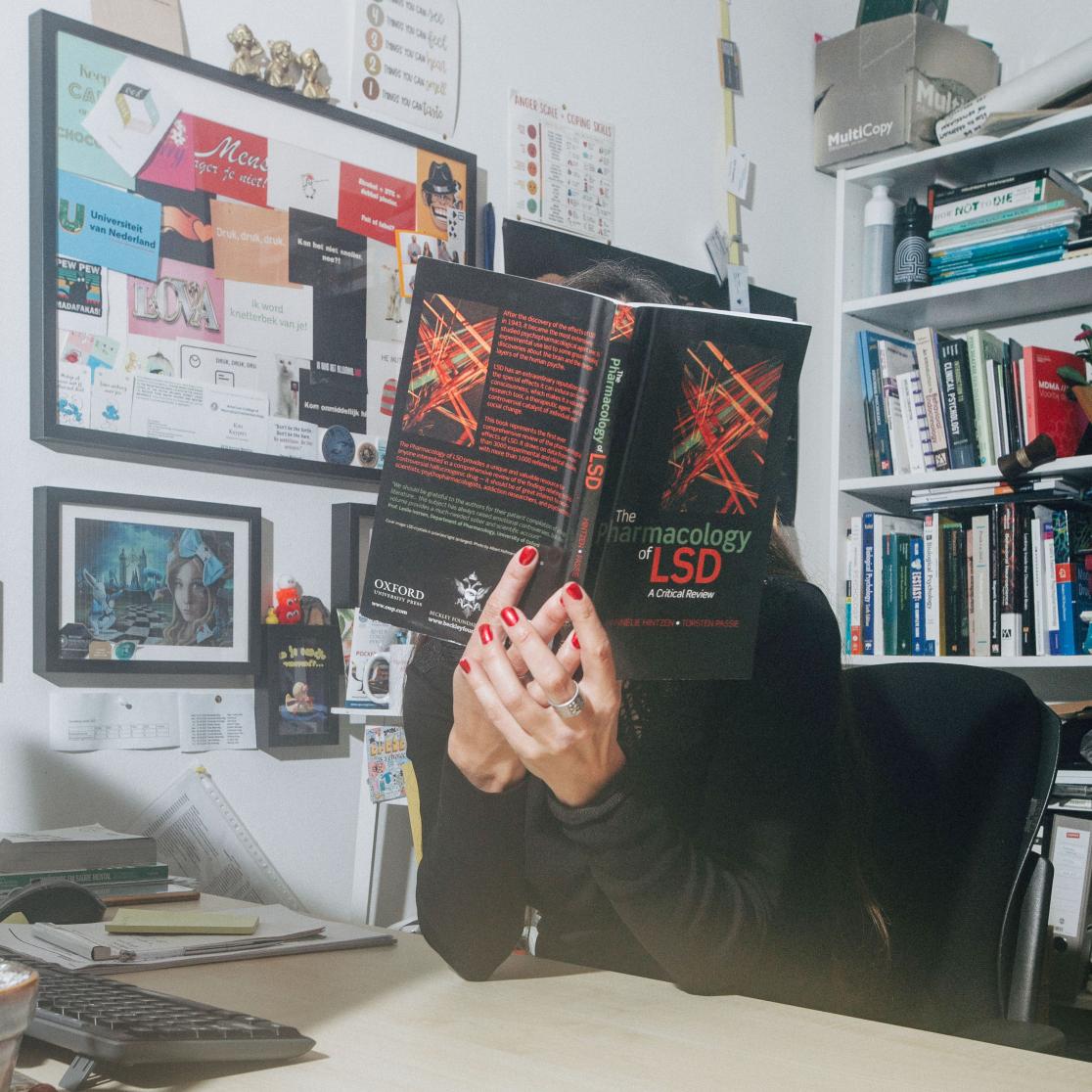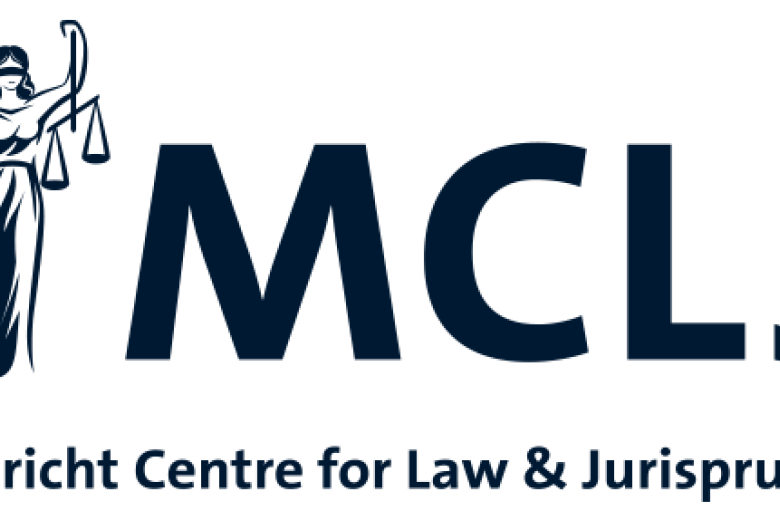A pinch of LSD, taken twice daily with meals
Fast forward to 2040: if you have ADHD or another psychological disorder, the doctor may no longer prescribe Ritalin or antidepressants, but instead a low dose of magic mushrooms, truffles or LSD. Associate professor Kim Kuypers is studying the use of psychedelics as potential medicines of the future.
“You don’t have to worry that they’ll make you trip. You’ll probably only take a 10th to a 20th of a regular dose,” says Kim Kuypers. “That’s about 5 to 20 micrograms of psychedelics at a time.” Research suggests that psychedelics, even in low doses—known as microdoses—can affect the body and mind. “They act on certain serotonin receptors. These are proteins on the outside of cells that capture serotonin, a substance that’s important for how you feel and how your body works. So the receptors play a major role in your mood, sleep, appetite and emotions.”
Innovative research
She knows what she’s talking about. Kuypers has spent years researching the effect of psychedelics on our cognition, creativity, hormones and underlying brain mechanisms. She is now starting a four-year study on LSD microdosing in people with ADHD. Radboud University Nijmegen and the University Hospital of Basel are also involved as partners. “We plan to study about 100 people with ADHD for six weeks in a non-clinical setting. They’ll take regular microdoses of LSD. We’ll have them perform cognitive tasks and answer questions about side effects and topics like sleep quality and emotions. They’ll also participate in EEGs [tests that measure electrical activity in the brain] and blood tests. The aim is to find out whether a low dose of LSD is beneficial—and if so, for which participants and why.”
The study is supported by an €800,000 grant from the NWO Open Competition. Kuypers outlines the novel aspects of the research: “Our participants will actually have ADHD, whereas previous studies mainly involve subjects with no symptoms. We’ll also work with a relatively large sample over a longer period of time, which will allow us to study long-term effects. And our participants will know they’re taking LSD, an ADHD drug, an antidepressant or a placebo, but not which one. In previous studies, people could often guess.”
Addictive and dangerous?
Is it responsible and ethical to give LSD to people with ADHD or another psychological disorder? “The addiction potential of psychedelics at the micro level seems to be minimal,” Kuypers says. “Of course, we have to be careful and screen people thoroughly in advance. We know from previous research that the heart rate and blood pressure can go up. In any event, people shouldn’t experiment with psychedelics on their own, and always take them under professional guidance.”
Kuypers has published a book, Genieten of genezen (‘Enjoy or cure’), in which she argues that psychedelics should be seen as an additional tool in a psychiatrist’s toolkit, rather than automatically being labelled as dangerous or for recreational use only. “When it comes to medicines, it’s important that we look at what suits the patient and what they feel comfortable with. It could be a traditional medicine, such as antidepressants or Ritalin, but also a non-traditional medicine, such as LSD or truffles. The demand for products that improve our wellbeing is increasing. People with ADHD often have concentration problems, anxiety and mood disorders, for which conventional medications are not always effective. Based on previous studies, we can assume that microdosing LSD may be an alternative treatment for ADHD, potentially with fewer side effects and holistic benefits such as improved emotion regulation, increased focus and better sleep quality. We want to shed more light on this through our research.”

Drawing conclusions
Research on microdosing in psychological disorders is still in its infancy, Kuypers adds. She expects it to take at least another five to ten years for psychedelics to be marketed as standard, lawful medicines. “There’s still a lot we don’t know, including about the functioning of our body and mind. What factors play a role in depression, and how do the connections between our brain and our biological system really work? Can we use psychedelics for psychological disorders other than ADHD? If so, what can be used for what, and in which dosage? And, not least, who benefits and who doesn’t? Every body reacts differently, and that sometimes makes it difficult to draw conclusions.”
You are the medicine
The initial research results may be positive, but Kuypers emphasises that psychedelics are not “silver bullets” that will solve all our health problems—a picture often painted by the media. “If you ask me, medicines, be they traditional or non-traditional, are not the basis of health. So much comes down to a healthy diet, adequate exercise and a good night’s sleep. We may even have more influence over our own wellbeing than we already know. In the future, I’d like to start a broader line of research that also includes nutrition, sleep and exercise in the treatment of psychological disorders.”
Text Milou Schreuders
Photography Sem Shayne
Also read
-
UM student Natasha Lawrie studies the Bornean elephant: “I only had one week to find them”
Natasha Lawrie, a bachelor’s student from the Maastricht Science Programme, conducted her thesis research in the rainforests of Sabah. There she made surprising discoveries about the feeding habits of the endangered Bornean elephant.

-
Symposium VWR-VSR: Vulnerability and the Law – Multidisciplinary Perspectives
On 14 November 2025, the symposium "Vulnerability and the Law: Multidisciplinary Perspectives" will take place in Maastricht.

-
Aagje Swinnen awarded NWO Open Competition M
Aagje Swinnen (FASoS) and Sarah de Mul (Open University), have been awarded an NWO Open Competition M grant for the project “Re-Imagining Burnout and the Cultural Narrative of Productive Adulthood through Literature”.
